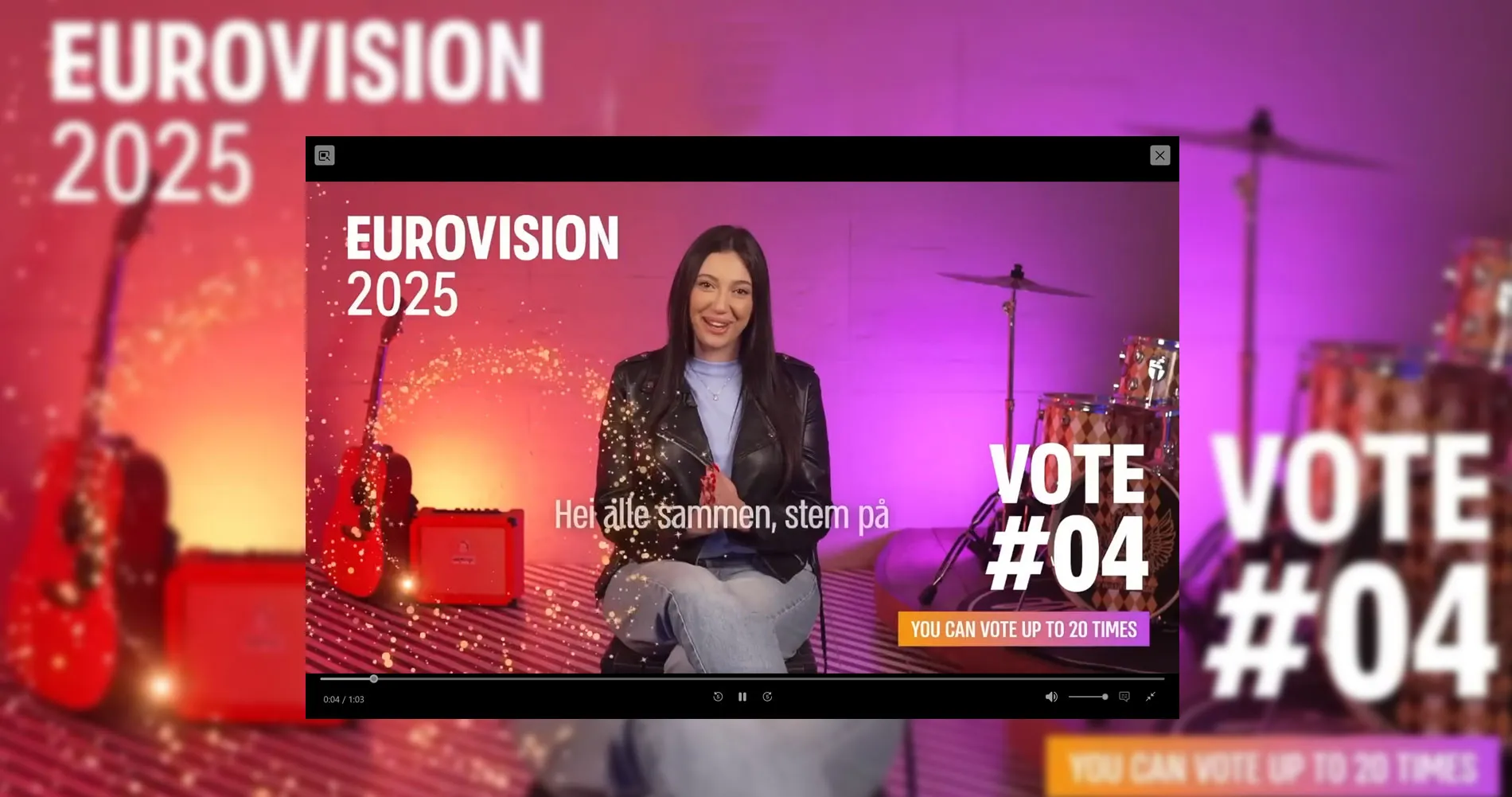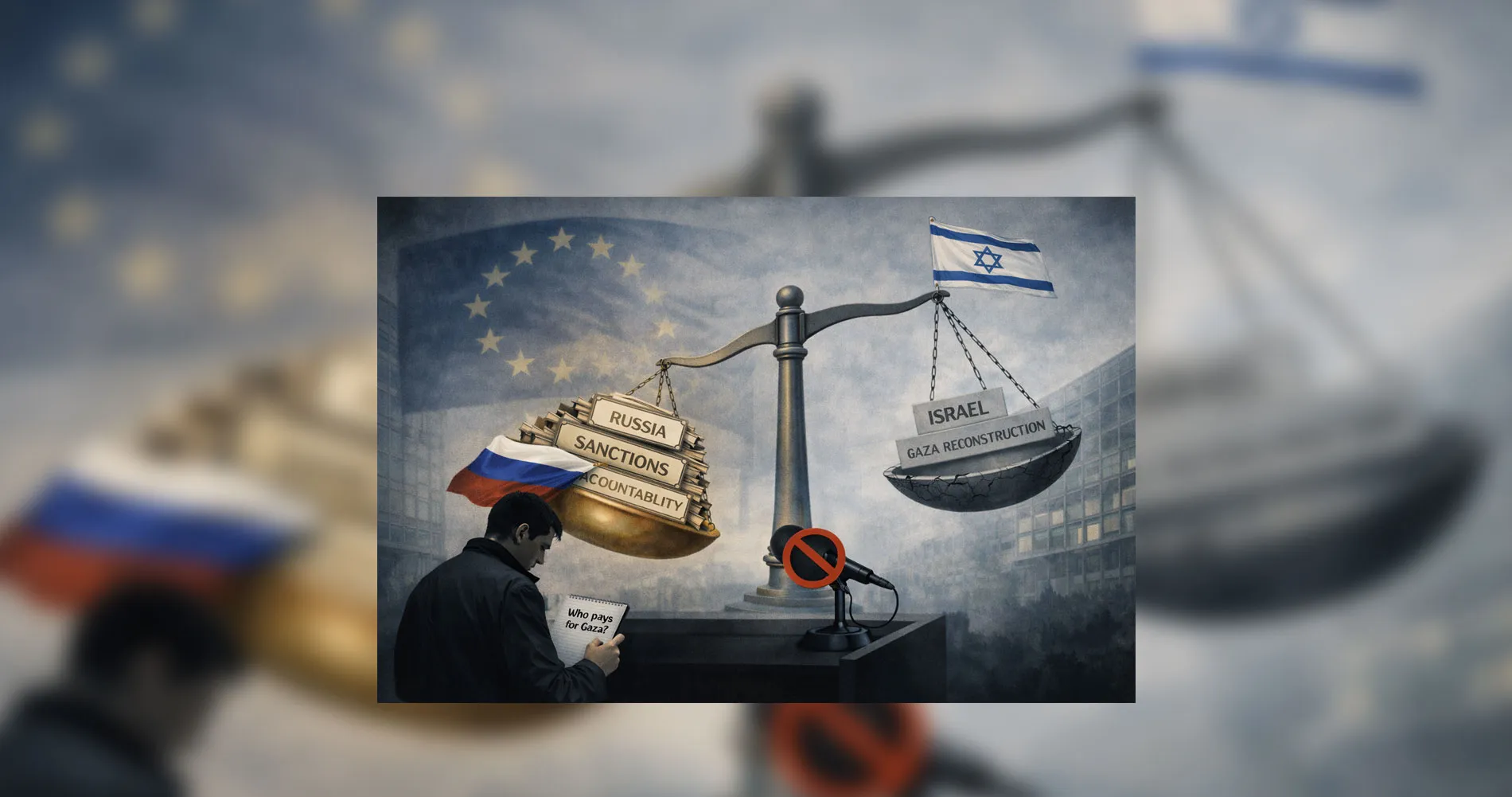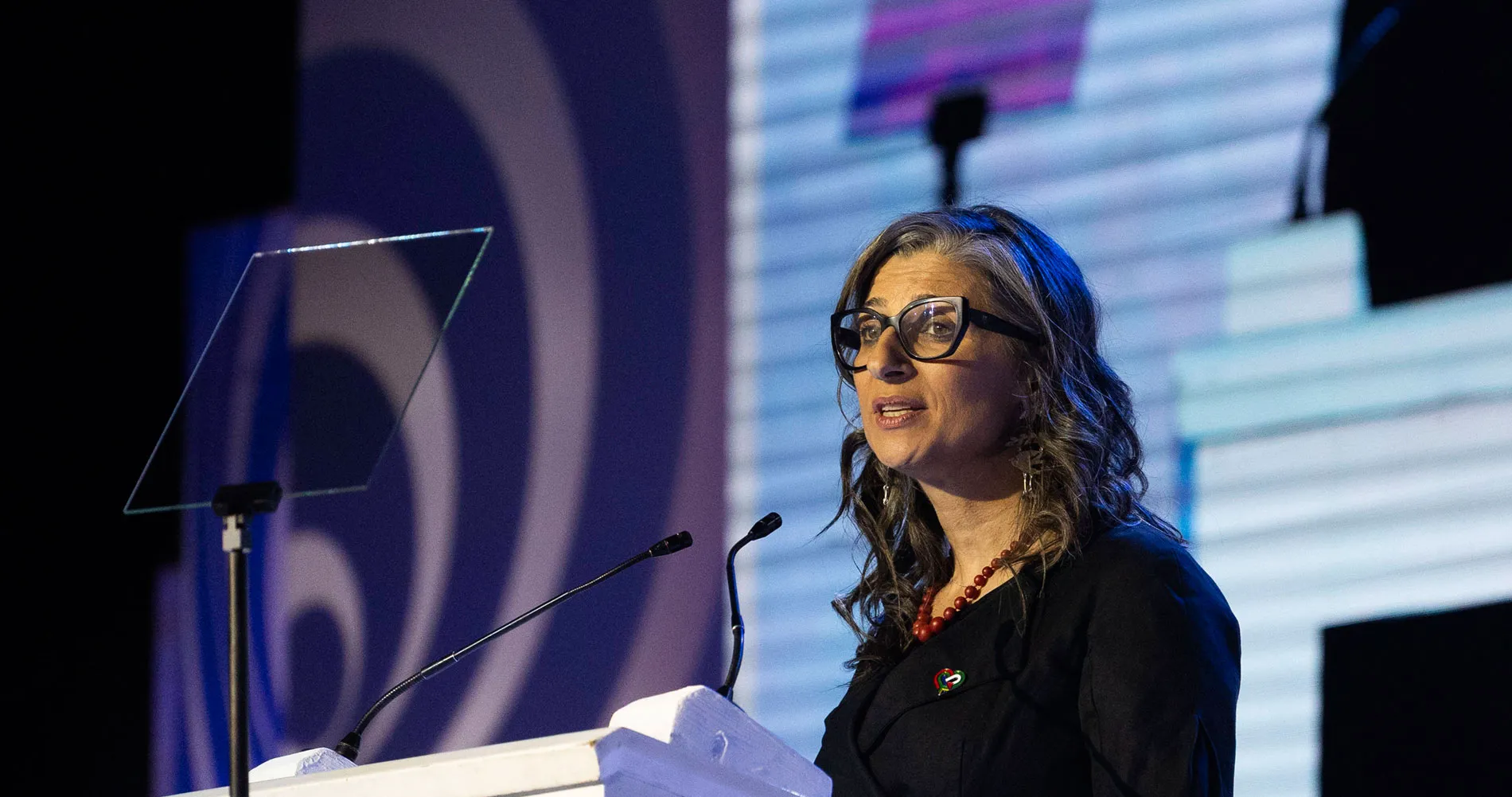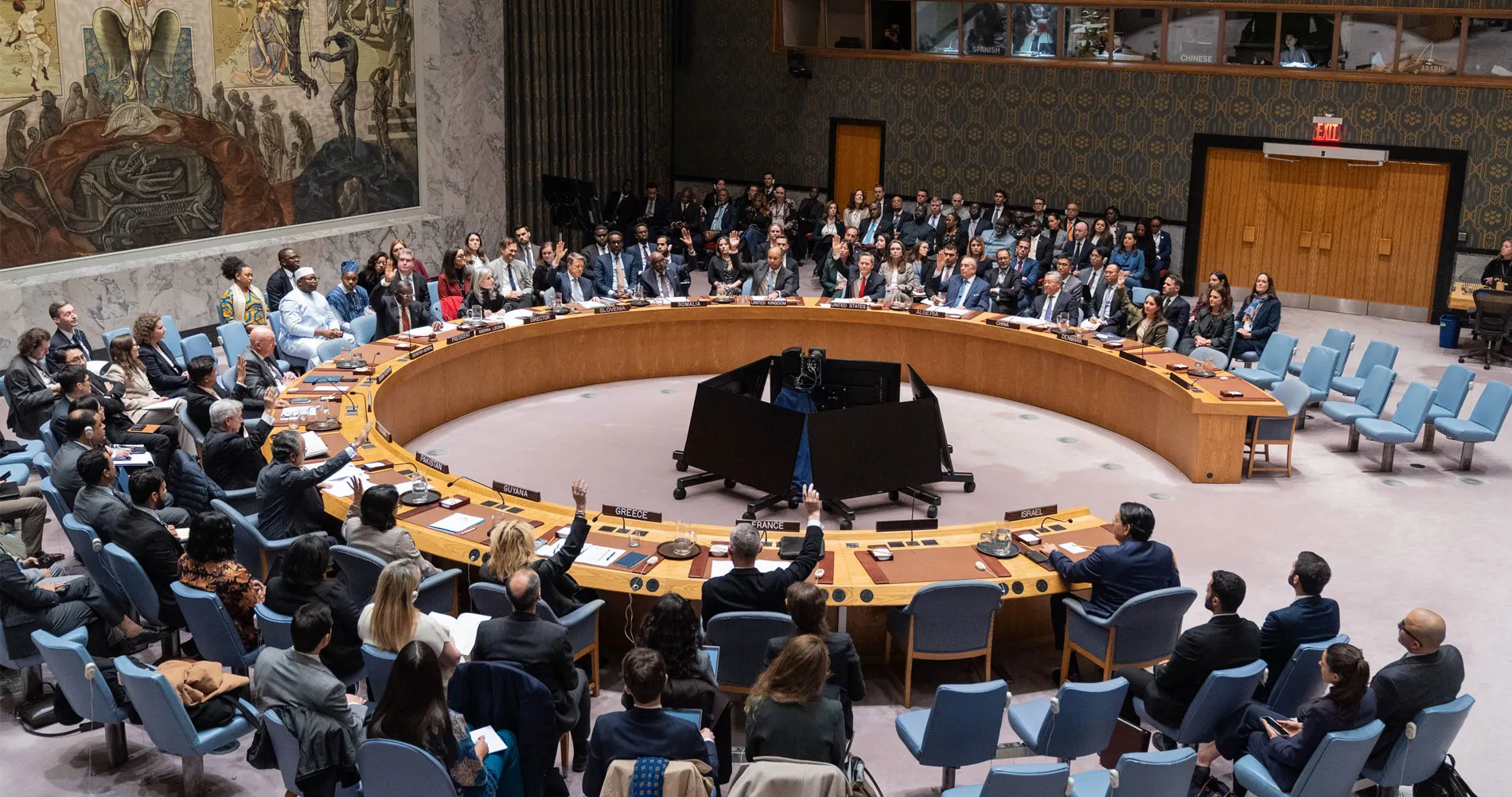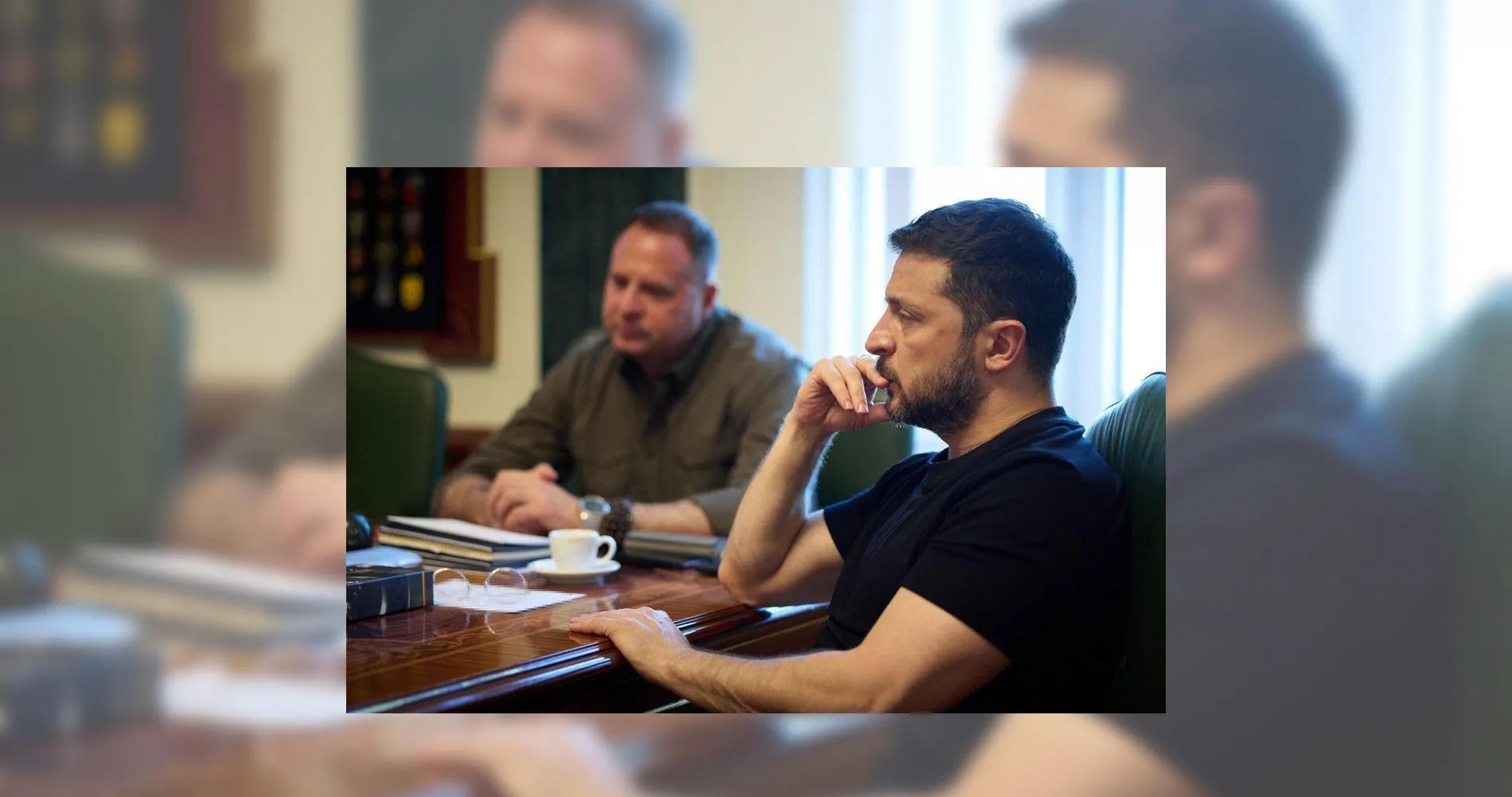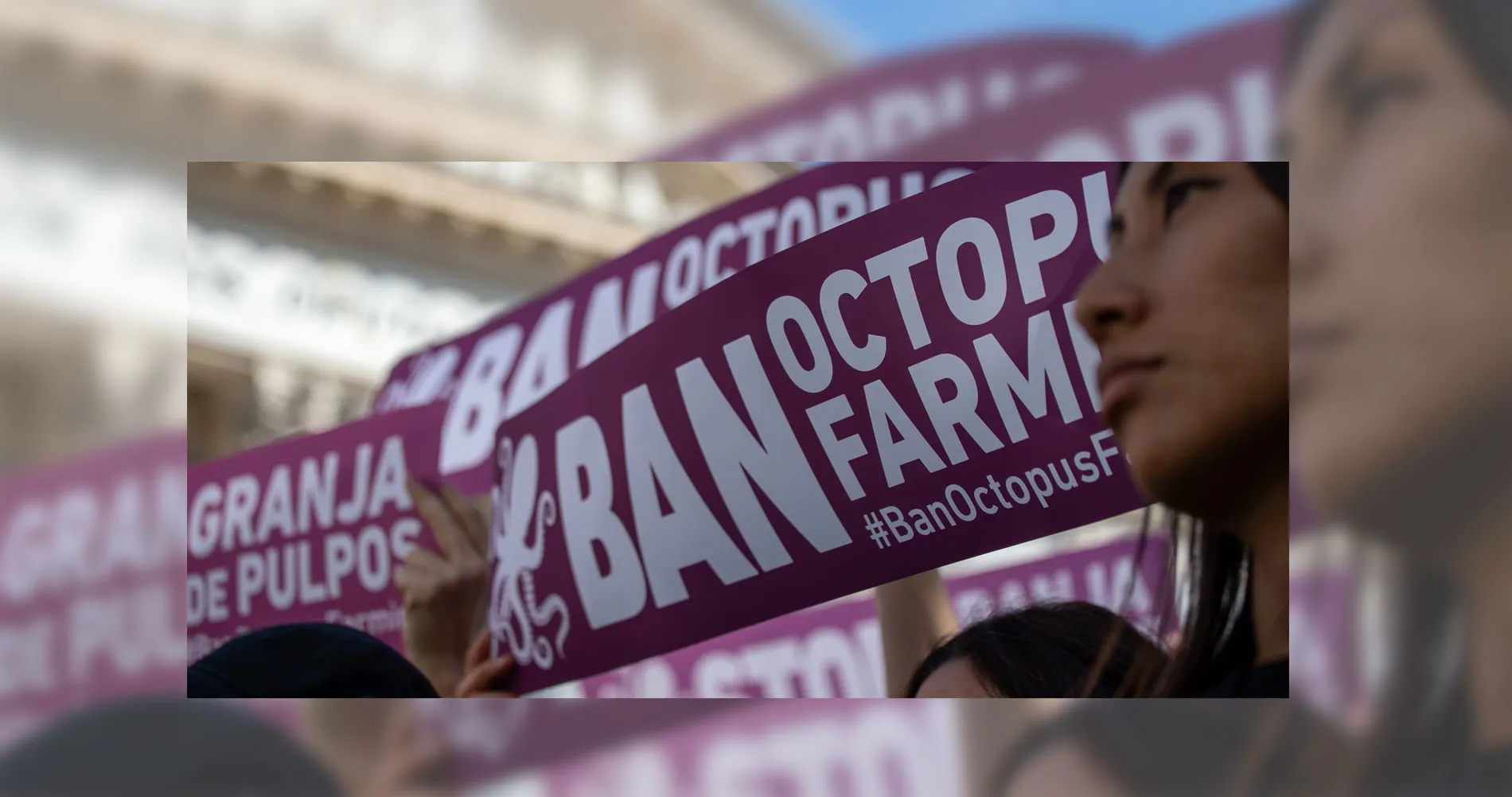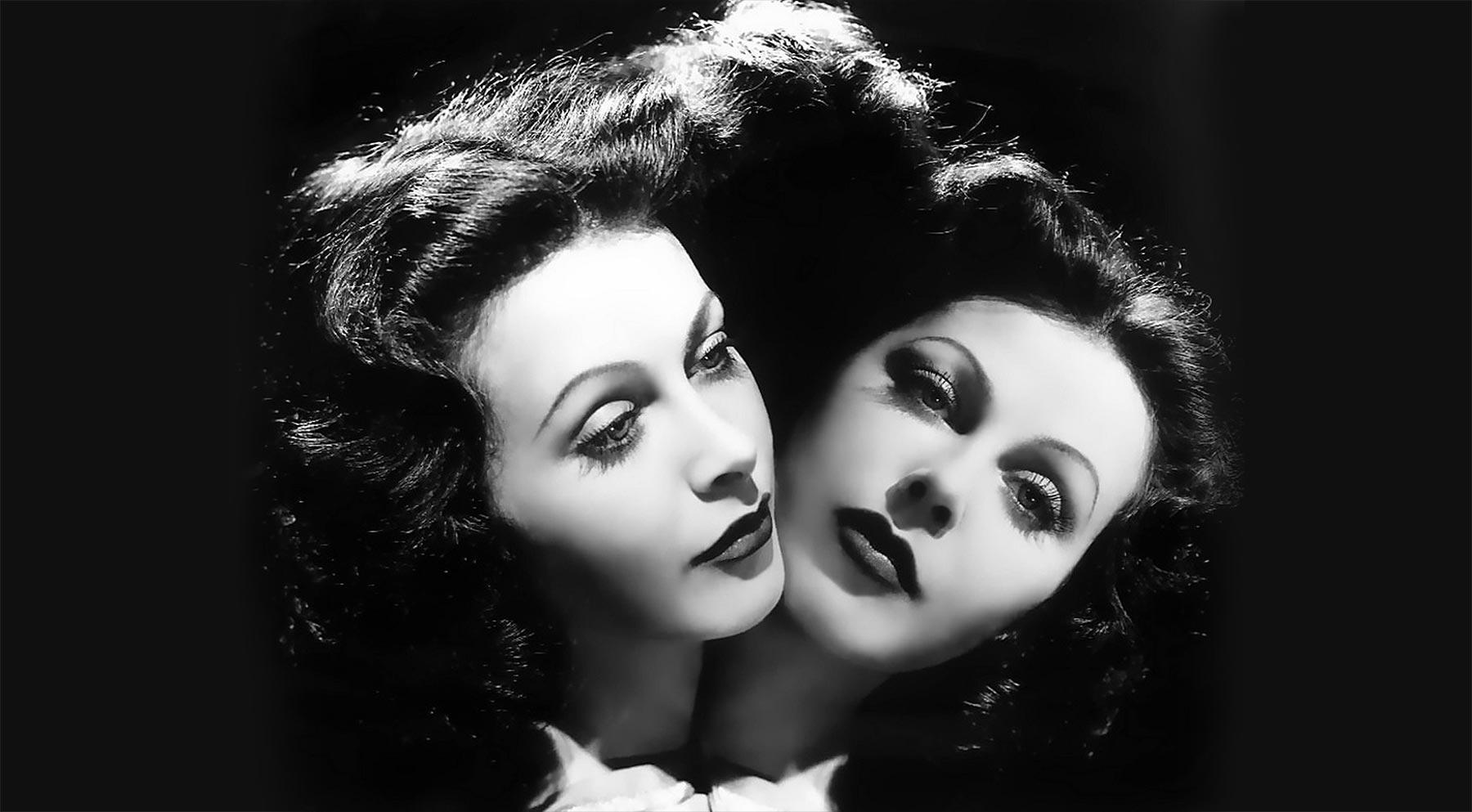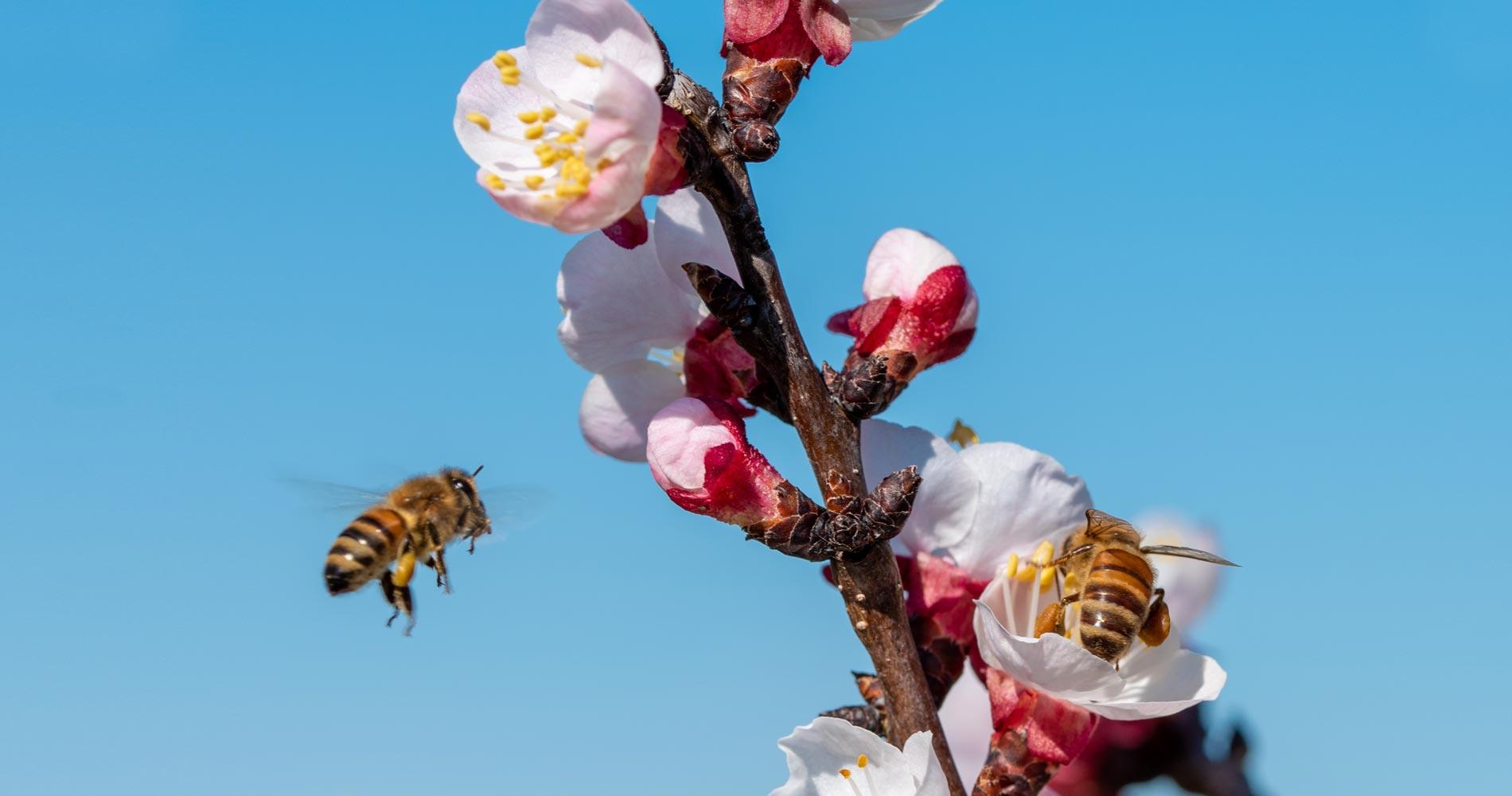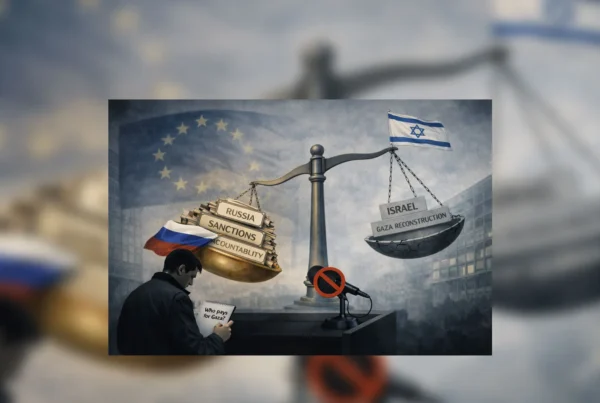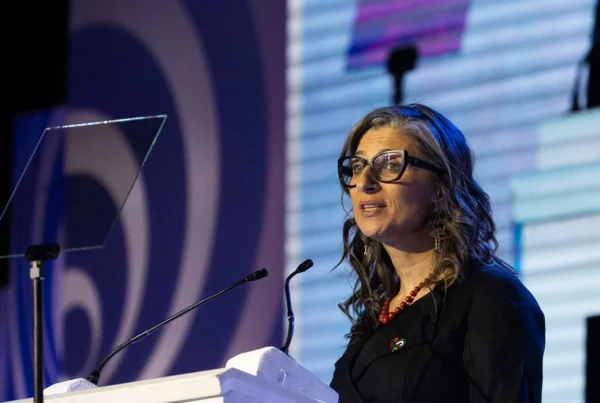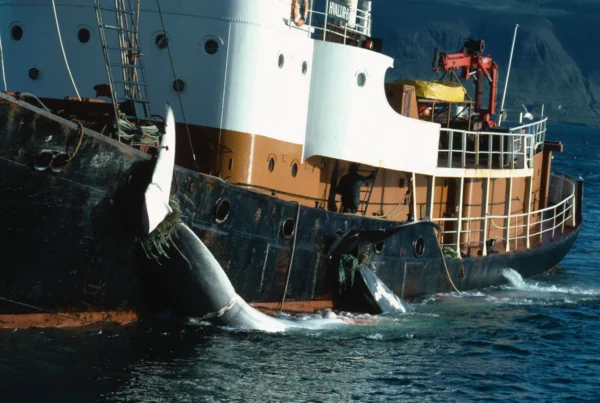A state-sponsored YouTube campaign, an Israeli-linked beauty brand as the event’s top sponsor and over 53 000 civilians killed in Gaza, Eurovision 2025 has faced its biggest credibility crisis so far. Austria’s winner artist “JJ” has even called for a boycott of Israel from next year’s event – and has promptly received support from Spanish PM Pedro Sanchez. Behind the glamour and the music lies a deeper conflict over digital influence, political messaging and corporate responsibility.
Alexandra Dubsky
28 May 2025
Chinese version
The 2025 Eurovision Song Contest has ended, and even though Austria’s JJ won the competition, controversy surrounding Israel’s participation and its aggressive online promotion continue to dominate headlines. Israeli contestant Yuval Raphael surged to second place overall thanks to a landslide victory in the public vote, despite a modest 15th place ranking from the jury. Revelations about a state-sponsored YouTube advertising campaign have raised serious questions about fairness, digital influence and the role of corporate sponsors in the competition.
The targeted YouTube campaign was directly financed and organized by the Israeli government and promoted Raphael’s song “New Day Will Rise” across Europe. The ads showed the artist speaking in local languages and encouraging viewers to vote for her while often downplaying or neglecting the fact that she was representing Israel. The legally required disclosures showed however that the campaign was managed by the Israeli government’s official advertising agency.
The ads were delivered through YouTube, an essential part of Google’s advertising ecosystem, which is a basic promotional platform for Eurovision content. The campaign raised ethical concerns because YouTube’s parent company, Google, operates in close alignment with the contest’s digital infrastructure. While Google is not an official sponsor, the dependence on its platform has blurred lines between paid influence and public engagement.
Twelve of the 16 countries targeted in the May 6 campaign competed in the same semi-final as Israel. These countries included Armenia, Czechia, Denmark, Finland, Georgia, Greece, Latvia, Lithuania, Luxembourg, Malta, Montenegro, and Serbia. In total, 35 countries were targeted to “Vote for ‘New Day Will Rise’” and reminded them they could “Vote up to 20 times”.
Israeli cosmetics company Moroccanoil: The contest’s main sponsor
Attention has further turned to Eurovision’s main corporate sponsor Moroccanoil, a luxury beauty brand known for its oil–based haircare products. Headquartered in New York but rooted in Israel, the company was founded by Israeli entrepreneur Carmen Tal after she discovered the benefits of argan oil treatments during a visit to Morocco.
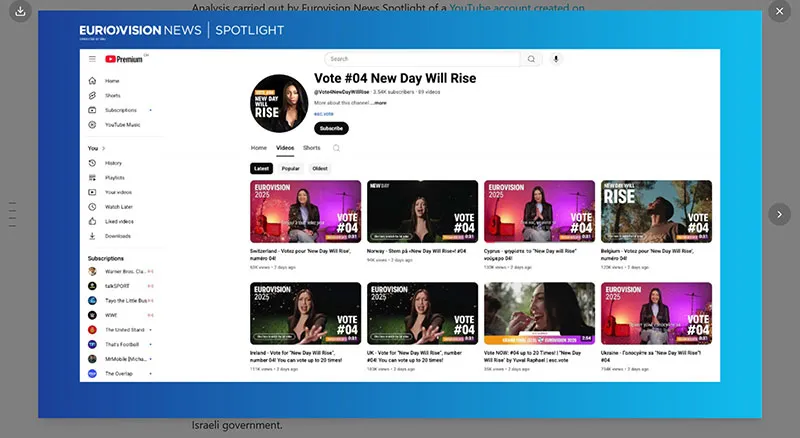 Screenshot: spotlight.ebu.ch/p/israeli-government-agency-paid-for ©
Screenshot: spotlight.ebu.ch/p/israeli-government-agency-paid-for ©
Moroccanoil has prominently positioned itself in the contest as a brand ambassador for creativity, self-expression and transformation, values that are alleged to be aligned with Eurovision’s image. However, its Israeli roots and financial backing of the event have added another layer to the controversy.
Critics argue that the combination of state-funded digital ads and an Israeli-affiliated main sponsor gives Israel an unfair benefit, whether through visibility, platform access or public voting. Though Moroccanoil has not been involved in the advertising campaign, the optics have fueled broader debates over corporate influence in supposedly neutral international events.
Broadcasters want answers
The Eurovision rules explicitly state that the ESC “is a non-political event”. All participating broadcasters must ensure that the contest is not politicized or “instrumentalized”. Several national broadcasters have reacted strongly to Israel’s actions. Spain’s RTVE, already in conflict with the European Broadcasting Union (EBU) for mentioning Gaza’s civilian casualties during coverage, has demanded full transparency regarding how public votes were counted, particularly since Spain supposedly awarded its maximum 12 televote points to Israel.
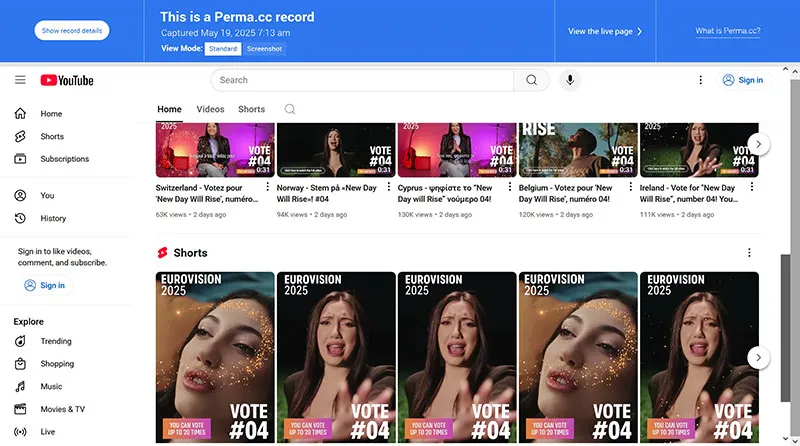 Screenshot: perma.cc ©
Screenshot: perma.cc ©
Iceland’s RUV and Belgium’s RTBF and VRT joined in, with VRT threatening that Belgium may withdraw from future contests unless the EBU addresses the situation. Finland’s Yle also questioned whether Eurovision’s current rules allow digital manipulation and called for a review of how online platforms and political actors work together with the event.
EBU defends voting system
The EBU has hence issued a statement through Eurovision executive Martin Green. He emphasized that the televoting system includes several layers of supervision, including third-party assessments and manual authentication to detect any anomalies. “Our system guarantees fairness and integrity,” Green stated, emphasizing that irregular or suspect voting patterns are actively investigated.
Still, the issue remains far from being solved. With digital platforms playing a growing role in shaping outcomes and national governments willing to spend heavily on influence, this year’s Eurovision has proved once more that the competition is certainly not just about music but politics, media power, national branding and corporate alliances.
Winner JJ calls for Eurovision 2026 without Israel
Austria is set to host the upcoming Eurovision Song Contest in 2026. However, this year’s winner “JJ”, a Vienna based opera singer whose Christian name is Johannes Pietsch, has sparked controversy by suggesting that Israel should be excluded from the event next year. “I’m very disappointed that Russia has been excluded, yet Israel remains in the contest. Both are aggressors,” he told reporters from the Spanish newspaper “El País” in an interview.
Pietsch has since dialed back his earlier remarks. He expressed regret if his comments had been misinterpreted, emphasizing that although he is critical of the Israeli government, he strongly condemns violence against civilians of any nationality, including both Israelis and Palestinians. He also made it clear that he does not intend to make any further statements on the issue.
“JJ’s (Pietsche’s) statements reflect his personal opinion and are in no way connected to the ORF,” commented the Austrian public broadcaster ORF.
Even Austrian president Alexander Van der Bellen has joined the debate. “I am against holding an individual or an artist responsible for the actions of a government,” he was quoted by local media. At the same time, a distinction must be made between an “unwavering stance in support of the state of Israel” and criticism of the “current Netanyahu government, particularly in the case of Gaza,” he said.
Israel’s participation in the Eurovision Song Contest has been repeatedly criticized in recent months. Vocal artist Nemo, who had represented Switzerland successfully in last year’s Song Contest, also openly called for Israel to be excluded. Similarly, 70 former ESC participants recently expressed the same view in an open letter.
In latest developments Spanish prime minister Pedro Sanchez has also called for the exclusion of Isreal from the competition. “Spain’s commitment to international law and human rights must be constant and also be consistent in Europe”, he concluded. Sanchez was not the only head of state to make such statements. German Chancellor Friedrich Merz publicly criticized Israel on Monday in an unusually clear manner over its actions in Gaza. He stated that the suffering of the civilian population in Gaza could “no longer be justified by a fight against Hamas terrorism.”
Picture: YouTube screenshot Israeli Campaign, May 2025


